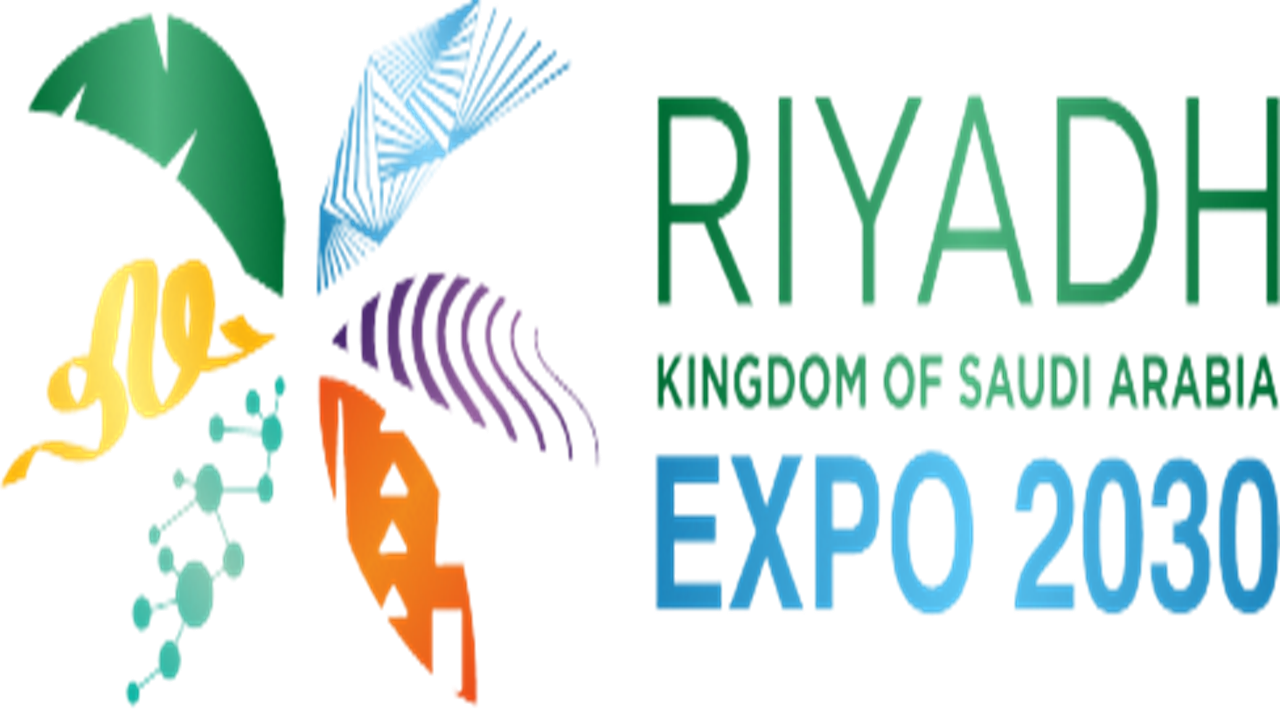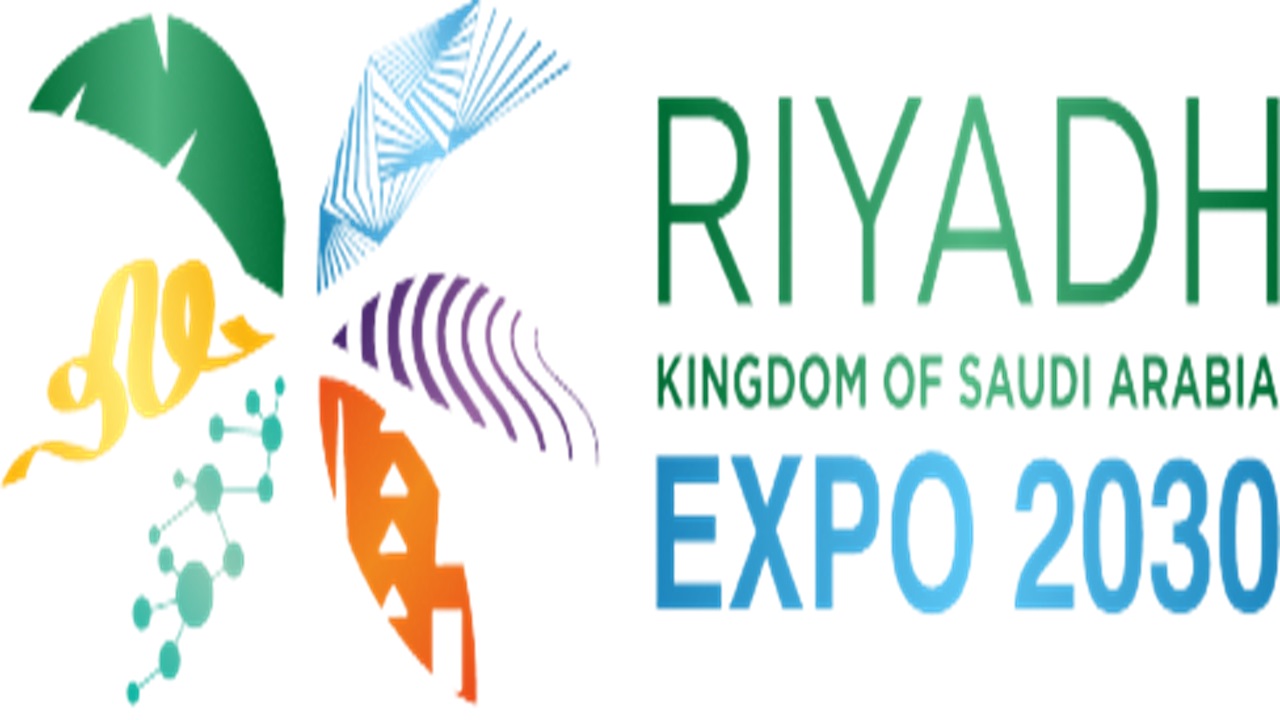While digital sands shift and hyperconnected skyscrapers rise, the World Expo 2030 in Saudi Arabia promises not just a glimpse into the future, but an immersive experience where AI and the metaverse redefine our understanding of progress and well-being.
Imagine stepping into a virtual oasis, not of emerald palms, but of data streams and algorithms. AI guides become your avatars, navigating you through personalized journeys crafted around your interests and aspirations. Your emotional state, analyzed in real-time, triggers bespoke moments of mindfulness or bursts of motivation, ensuring your experience is as unique as your fingerprint.
Picture interactive exhibitions where AI-powered holograms whisper tales of human ingenuity and technological marvels. Immerse yourself in VR simulations that showcase a future where AI doctors diagnose diseases before they manifest, and personalized learning algorithms unlock the potential within every child. Witness robots collaborate with artists, composing symphonies of light and code, their movements as graceful as desert dancers in the moonlight.
But the metaverse at World Expo 2030 isn’t just a playground for technological marvels; it’s a bridge to a more accessible and equitable future. Virtual reality classrooms transcend geographical boundaries, bringing quality education to the remotest corners of the globe. AI-powered translators break down language barriers, fostering global dialogue and understanding. And telemedicine platforms, powered by advanced diagnostics and remote consultations, make healthcare accessible to all.
Yet, amidst the digital wonder, the human touch remains paramount. Local artists, infused with the spirit of Saudi Arabia’s rich heritage, collaborate with cutting-edge technology, creating hybrid masterpieces that celebrate the fusion of tradition and innovation. Interactive workshops empower visitors to become builders of their own future, learning to code, design, and shape the digital landscapes of tomorrow.

Here is a bonus, practical examples for entrepreneurs:
- Virtual expo pavilions: Create virtual pavilions within the metaverse that showcase the country’s culture, heritage, and innovations. These virtual pavilions could be accessible from anywhere in the world, allowing visitors to explore exhibits, participate in interactive activities, and engage with representatives from the country.
- Metaverse networking and collaboration platform: Develop a metaverse-based platform that facilitates networking, collaboration, and knowledge sharing among expo participants. This platform could provide virtual meeting spaces, interactive workshops, and opportunities for cultural exchange, fostering connections and promoting collaboration beyond the physical expo grounds.
- AI-powered avatars and virtual guides: Design AI-powered avatars that can interact with visitors, provide information and assistance, and guide them through the metaverse expo. These avatars could be customized to represent different aspects of the country’s culture and heritage, adding an immersive and engaging element to the virtual experience.
- Metaverse educational experiences: Create interactive and gamified learning experiences within the metaverse that teach visitors about the country’s history, culture, and achievements. These experiences could take the form of virtual tours, interactive simulations, and puzzles, making education more engaging and memorable.
- Metaverse marketplace for cultural goods and experiences: Develop a virtual marketplace within the metaverse where visitors can purchase cultural goods, such as souvenirs, handicrafts, and artwork, from the country. This marketplace could also offer virtual experiences, such as cooking classes, dance lessons, and virtual tours of landmarks, providing a unique and immersive way to engage with the country’s culture.
- Metaverse entertainment and performances: Create virtual entertainment venues within the metaverse where visitors can enjoy live performances, music concerts, and cultural shows from the country. These events could foster a sense of community and provide a memorable entertainment experience for expo visitors.
- Metaverse gaming and competitions: Develop metaverse-based games and competitions that incorporate elements of the country’s culture and heritage. These games could provide entertainment, promote cultural exchange, and attract a wider audience to the virtual expo.
- Metaverse virtual tourism experiences: Create virtual reality experiences that transport visitors to iconic landmarks, historical sites, and natural wonders of the country. These experiences could provide a realistic and immersive way to explore the country’s beauty and diversity, even for those who cannot travel physically.
- Metaverse virtual conferences and seminars: Host virtual conferences and seminars within the metaverse that bring together experts, thought leaders, and individuals from around the world to discuss topics related to the country’s culture, innovation, and development. These events could promote knowledge sharing, foster global connections, and enhance the country’s reputation as a hub for innovation and collaboration.
- Interactive virtual reality (VR) experiences: Create immersive VR experiences that showcase the country’s culture, history, and innovation. These experiences could take visitors on virtual tours of iconic landmarks, introduce them to traditional crafts and customs, or allow them to interact with cutting-edge technologies.
- Augmented reality (AR) overlays for physical exhibits: Develop AR overlays that enrich physical exhibits with additional information, interactive elements, and gamified experiences. These overlays could provide visitors with deeper insights into the exhibits, enhance their understanding of the country’s culture and achievements, and make the expo more engaging and memorable.
- AI-powered real-time translation and interpretation: Utilize AI-powered language translation and interpretation tools to break down language barriers and make the expo more accessible to visitors from all over the world. These tools could be integrated into mobile apps, interactive kiosks, and wearable devices, enabling seamless communication between visitors, staff, and volunteers.
- Personalized recommendations and itinerary planning: Develop AI-powered recommendation systems that suggest personalized itineraries and attractions based on visitors’ interests, preferences, and available time. These systems could also provide real-time updates on wait times, crowd levels, and special events, ensuring a smooth and enjoyable experience for all visitors.
- Smart venue management and logistics: Implement smart venue management solutions that optimize traffic flow, reduce congestion, and enhance visitor safety. These solutions could include sensor-driven crowd monitoring systems, AI-powered traffic routing algorithms, and intelligent security systems.
- Immersive multilingual digital signage: Create multilingual digital signage that provides visitors with real-time information, directions, and interactive content in their preferred language. This signage could be integrated throughout the expo grounds, ensuring easy access to essential information for all visitors.
- AI-powered chatbots for customer service and support: Develop AI-powered chatbots that provide visitors with instant answers to frequently asked questions, offer assistance with navigation and logistics, and resolve any issues promptly. These chatbots could be integrated into mobile apps, interactive kiosks, and messaging platforms, providing 24/7 support in multiple languages.
- Personalized souvenir creation and customization: Utilize AI-powered design tools and 3D printing technology to create personalized souvenirs and collectibles for visitors. These items could be customized with their names, images, or personal messages, making them unique and memorable keepsakes.
The World Expo 2030 isn’t just an event; it’s a living, breathing experiment, a canvas upon which AI and the metaverse paint a picture of a future where progress is inclusive, well-being is personalized, and human potential knows no bounds. As the desert sun dips below the horizon, casting long shadows over the shifting sands, the digital oasis of World Expo 2030 shines ever brighter, a beacon of hope and collaboration, inviting us all to step into a future where humanity and technology dance hand-in-hand, building a world more wondrous than any mirage.
By: Husam Yaghi
Disclaimer: “This blog post was researched and written with the assistance of artificial intelligence tools.”
